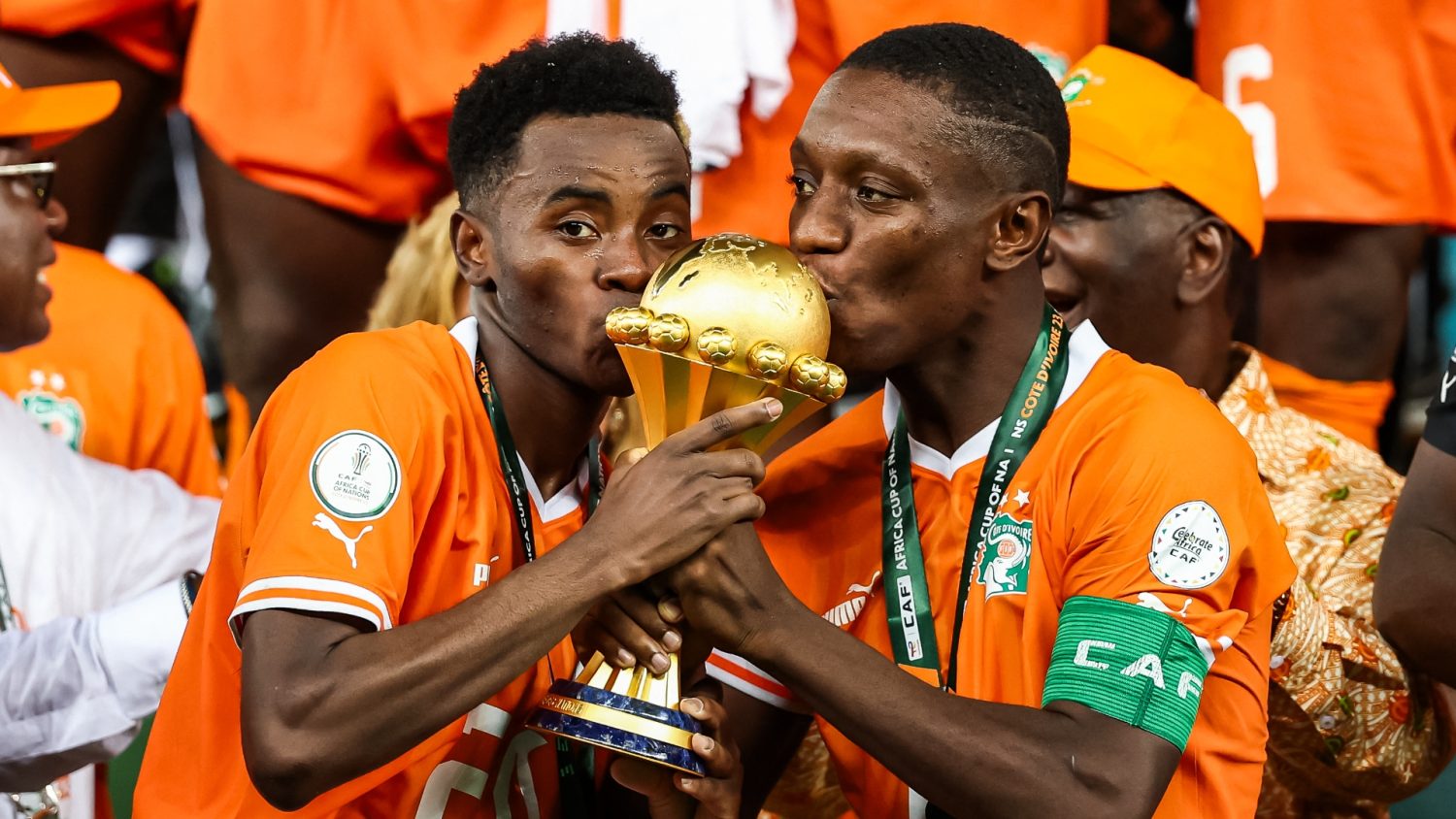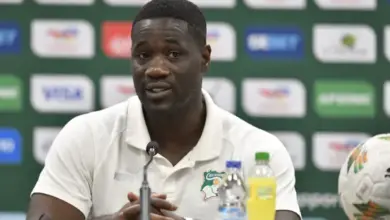From Insults to Riches: The Elephant’s Transformation

From Insults to Riches: The Elephant’s Transformation
Cash, houses, and honors are being bestowed upon footballers from Ivory Coast and Nigeria following Sunday’s thrilling Africa Cup of Nations final.
Every player in Ivory Coast’s victorious squad will receive $82,000 (£65,000) along with a villa of similar value, as announced by the presidency.
“You have brought happiness to all Ivorians, bravo, bravo,” praised President Alassane Ouattara of Ivory Coast, the host nation for the pan-African tournament.
Nigeria also received a heroes’ welcome.
Despite their 2-1 defeat in the final, which brought heartbreak to the Super Eagles’ millions of fans at home and in the diaspora, their efforts are being generously recognized by President Bola Tinubu.
Each member of the Nigerian squad has been honored with one of the country’s highest accolades – the Member of the Order of the Niger. Additionally, the president is providing each player with an apartment and a piece of land near the capital, Abuja.
Third-placed South Africa is also expected to receive approximately $52,000 per player, as reported by local media.
The exact cash reward Nigeria’s players will receive from the state purse remains unclear.
These benefits are in addition to the standard prize money awarded by the Africa Cup of Nations, which has reportedly been increased by 40% since the last tournament.
Consequently, Ivory Coast, as winners, will receive $7 million; runners-up Nigeria will get $4 million; semi-finalists South Africa and DR Congo will each receive $2.5 million, while the four teams that made the quarter-finals will take home $1.3 million each.
This year’s Africa Cup of Nations achieved record-high viewership numbers in its 67-year history, attributed to larger broadcasting and commercial deals, as well as increased social media engagement. Nearly two billion people are estimated to have watched the tournament worldwide.
Analysts are optimistic that the global appreciation for Africa’s footballing talent will lead to more World Cup slots for African teams in the future.
Currently, Africa has nine World Cup spots compared to Europe’s 13, despite having a similar number of FIFA-affiliated countries.
African national teams have previously faced challenges with unpaid salaries and bonuses.
For instance, the Cameroon team, which earned global admiration for their quarter-final performance against England in the 1990 World Cup, had to wait over 30 years to receive the houses they were promised, by which time their captain had passed away.
At the last FIFA Women’s World Cup, South African footballers successfully resolved a pay dispute after boycotting a match in protest. Their hastily assembled substitutes included a 13-year-old girl.




